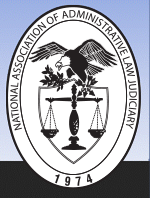First Page
24
Last Page
139
Abstract
In recognition of the humanitarian purpose of the District of Columbia Workers’ Compensation Act of 1979, D.C. Code as amended, §32-1501 et seq. and the legislative policy favoring awards even in arguable cases, a claimant is entitled to a presumption of compensability (“Presumption”) when applying for workers’ compensation benefits. By establishing a causal connection between the injured worker’s disability and a work-related event, the Presumption enables a claimant to establish entitlement to benefits more easily; however, misapplication of the Presumption makes it more difficult for claimants to prove work-related psychological injuries because they must satisfy additional requirements (including a credibility requirement) not imposed on claimants who sustain physical injuries even though when invoking the Presumption any suspicion of deception should apply equally to both types of injuries.
Recommended Citation
Melissa Lin Jones,
Why Proving a Work-Related, Psychological Injury Claim Stresses You Out,
41 J. Nat’l Ass’n Admin. L. Judiciary
24
(2021)
Available at:
https://digitalcommons.pepperdine.edu/naalj/vol41/iss1/2
Included in
Administrative Law Commons, Disability Law Commons, Law and Psychology Commons, Workers' Compensation Law Commons

